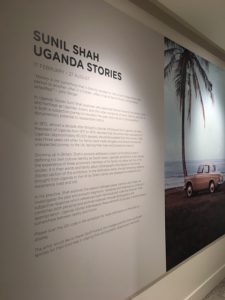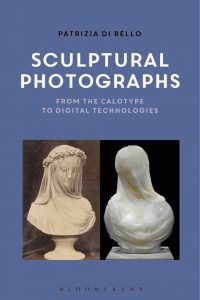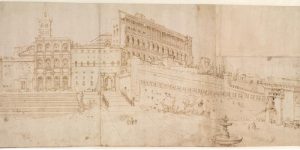Hope you can find time amidst exams, dissertation research, etc, to come along to the rich offerings of this year’s Arts Week, beginning Monday. Arts Week was inaugurated in 2012 and has become a real institution, bringing Gordon Square alive with talks, walks, screenings and much more. As usual there are very rich offerings in art history, with architecture, museums and contemporary art as particular strengths this year. Take a look at these events in particular on the webpages:
Monday: Destruction of Memory; Cook’s Camden
Tuesday: Curating Sound for Difficult Histories; Paper Peepshow; Modernism in Bloomsbury; Visual Protest
Wednesday: The Archive Project; Renaissance Life of Things; Robin Hood Gardens
Thursday: Lubetkin’s Finsbury; Author and Illustrator; Raymond Williams; Art & Empathy
Friday: On Reflection; Floating Islands; Chris Dorley-Brown
A special mention for ‘Floating Islands in Contemporary Art‘ (Friday 6pm in the cinema) which promises to be an intriguing and exciting talk by Professor Gill Perry on her current research. We’re delighted to welcome Gill to the department as Visiting Professor for the next three years. Gill, who is Emeritus Professor of History of Art at Open University is a leading scholar of both 18th-century and contemporary British Art. You can read more about her here.

Some further dates for your diary:
The Murray seminars in Medieval and Renaissance Art have been announced for this term. They take place at 5pm in the Keynes Library – all welcome:
5 June, Michelle O’Malley, the Warburg Institute, ‘Botticelli: A conundrum of production’
Two versions of Botticelli’s Virgin and Child with an Adoring Angel suggest raise fundamental questions about the specifics of authorship in the workshop and how we, as art historians, understand Renaissance artistic practice and construct attribution. This paper looks again at the technical evidence and the value of connoisseurship in tracking the development of the use of reproductive technique in late fifteenth-century Florence.
27 June, Alison Wright, UCL ‘Gold against the Body: gold surfaces and their limits, medieval to early modern’
The myth, famously invoked in Goldfinger, of the human body suffocated by being coated in gold exemplifies the fascination and danger attached to the idea of an ‘excess’ of gold, especially in respect to human skin. This paper explores the slippery boundaries of when, where and for whom gold surfaces might be deemed excessive in relation to European art, especially Italian, of the fourteenth to early sixteenth centuries.
And a lecture organised by colleagues in Applied Linguistics that will be of interest to fans of American (Post)Modernism: Professor Adam Jaworski (The University of Hong Kong) will be giving this year’s Michel Blanc Lecture in Applied Linguistics at Birkbeck. The talk will be followed by a drinks reception. The event is free and open to all, but for catering purposes, please book your ticket on Eventbrite: https://www.eventbrite.co.uk/e/the-michel-blanc-lecture-in-applied-linguistics-2018-registration-44377867396
Title: EAT/DIE and other stories: Remediation and creativity in Robert Indiana’s word art
Date and Time: Thursday, 7 June 2018, 18:00 – 19:30
Location: B01, Clore Management Centre
‘Several decades ago, Robert Indiana (b. 1928) described himself as ‘an American painter of signs’. In this presentation, I make a case for considering Indiana as a painter of stories. Drawing on the ‘small stories’ model for narrative analysis (Georgakopoulou), I argue that his word pieces in the EAT, EAT/DIE and LOVE cycles constitute episodic narratives adding up to his own life story (or artist mythology). Indiana’s creative remediation (Bolter and Grusin) of his multimodal writing in different materials and formats, its emplacement as public art and widespread imitation allow members of the public to appropriate his artworks in episodic encounters and make them part of their own biographies.’
I mentioned in my last post the very successful (and sunny) Berlin field trip that happened over Easter. BA History of Art student Kathryn Hallam-Howard has written a ‘Birkbeck Blog’ post to tell you all about it – and with some great pics. Do have a read.
I’ll round off this week with a plug for an excellent small exhibition at the amazing Pitt Rivers Museum in Oxford, curated by and featuring the work of photographer, curator and MA History of Art graduate Sunil Shah. ‘Uganda Stories’ delves into poignant and troubling questions of exile, displacement and resettlement through Sunil’s family’s story of being expelled from Uganda in the early 1970s under Idi Amin. It’s on until 27 August, so do visit if you’re in Oxford over the summer.


.
.
Category: Uncategorized






